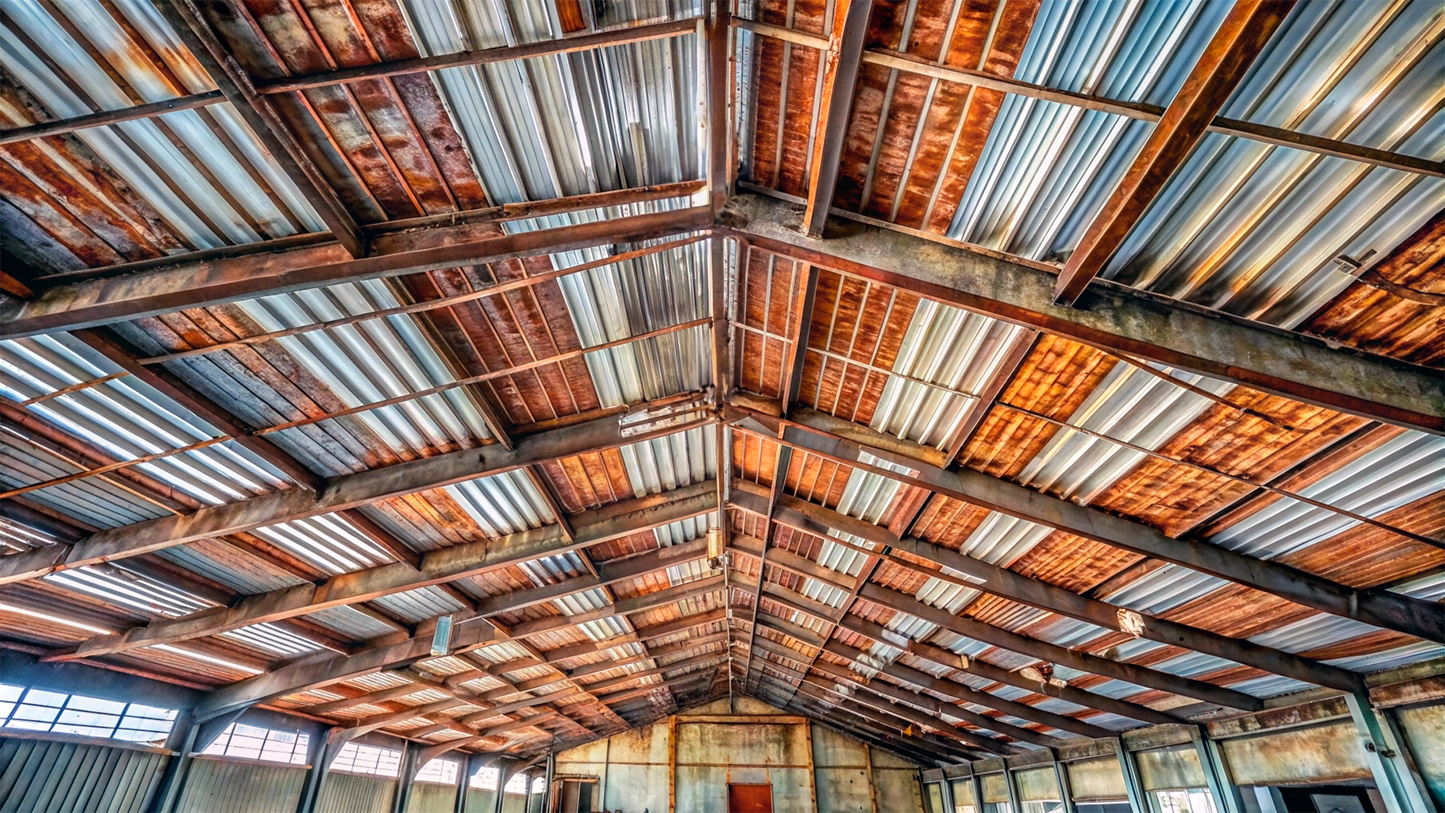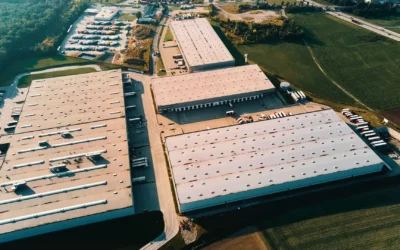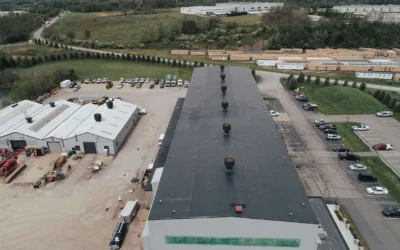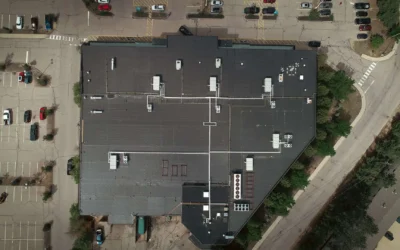The role of local climate and weather conditions is extremely crucial when considering roofing decisions and designs. Local climate and factors like precipitation, temperature, and wind directly impact the performance, sustainability, and energy efficacy of the commercial roofing system. For instance, a building in a dry calm climate needs a different type of roofing system than a building in an area with an abundance of inclement weather.
Commercial roof experts understand the intricacies and complexities of the local climate and their influence on the building’s structural integrity. Selecting the right commercial roofing partner is essential to optimizing performance, durability, energy efficiency, and cost-effectiveness. Moreover, commercial roofing services consider factors like regulatory compliance and risk management, safeguarding your building from weather-related risks.

Impact of Climate on Commercial Roofs
Before delving into what the correct roofing solution is for your building, it’s important to understand the specific challenges of your climate zone, along with the seasonal factors that play a major role on commercial roofing systems.
Extreme weather conditions such as high winds, heavy rainfall, snow, and ultraviolet radiation affect the roofing systems integrity, causing damage, deterioration, and potential failure. Winds can exert force on the roof; uplift pressure can cause roofing to lift, tear, or become dislodged, whereas loose debris can lead to punctures, abrasions, and dents. Heavy rainfall can cause water accumulation, ponding water causing damage to roofing materials over a period of time, and infiltration through compromised roofing results in interior water damage. Similarly, snow and UV rays can cause significant degradation of roofing materials. This is exactly why at Design-Pro we utilize a design build approach on every job. If you are not highly calculated during the Design-Process of a commercial roofing system it’s almost certain you’ll inevitably have a premature roof failure, costing you hundreds of thousands of CAPEX dollars along the way.
Importance of Selecting the Right Commercial Roofing Materials
While zeroing in on the roofing material, consider the impact of climate on its performance. A PVC roofing system might work best in areas with high temperatures and fire risks due to lightning strikes because of the reflectivity and polyvinyl chloride compound makeup. Polyvinyl chloride acts as a fire retardant, in the event lighting were to strike the rooftop it acts to self extinguish. PVC is also a great material to utilize if corrosive chemicals are being output on or just above the roofs surface. If your facility is located in a climate where it’s very cold for a large majority of the year a black EPDM rubber roofing system might be best suited for your building as the black surface will help your facility to retain heat, and also help to lessen the snow loads. Each type of material has pros and cons, especially in longevity and maintenance. Though climate plays a big role in the process of choosing the correct commercial roofing system for your facility, there are also many other variable factors that can’t just be lumped into a cookie cutter one size fits all roofing solution. Quite often two facilities 20 miles apart in the same climate dont always call for the same roofing solution. That’s why a design build approach is so vitally important in the commercial roofing process.
Best Practices in Maintenance of Commercial Roofs
It is important to note that regular yearly preventative maintenance helps to extend a roof’s serviceable life and prevent costly damage. Professional roofing service providers can implement routine health checks to identify and mitigate issues early, such as cracks, leaks, or damage from harsh weather. Prevention is certainly the name of the game for prolonging roof life. Commercial roofing providers adhere to best practices and provide timely maintenance and upkeep to safeguard your investment.
Conclusion
The importance of choosing a commercial roofing solution customized for your local climate conditions cannot be undermined. Team up with Design-Pro Roofing Systems to understand your building’s climate-specific requirements and industry best practices. By selecting the right material, ensuring timely maintenance and upkeep, and using innovative materials, you can optimize the life of your building’s roof, and mitigate risk over the long haul.
Interested in learning more from experts in the commercial roofing industry? Design-Pro Roofing Systems has a proven track record in designing climate-resilient roofing solutions. Schedule a free consultation with our team today to get customized insights for your facility’s needs.


